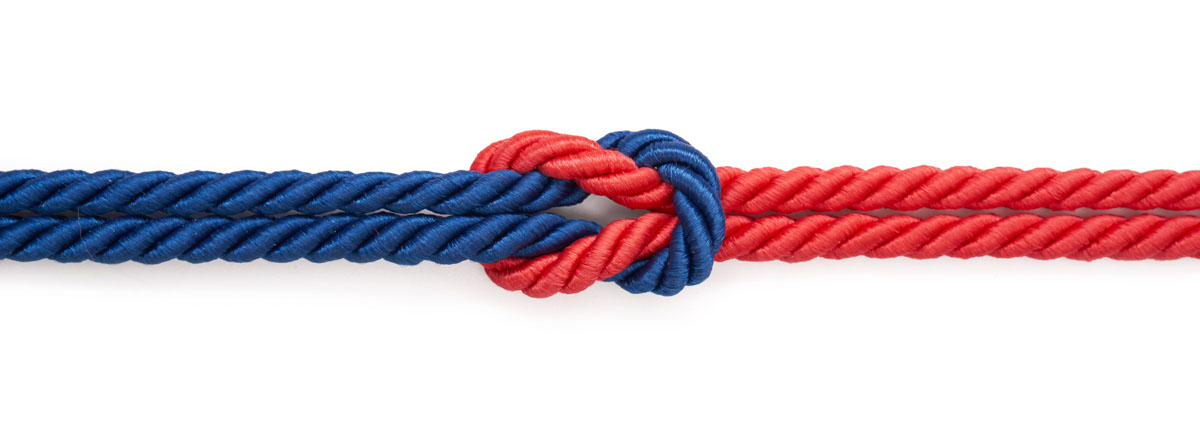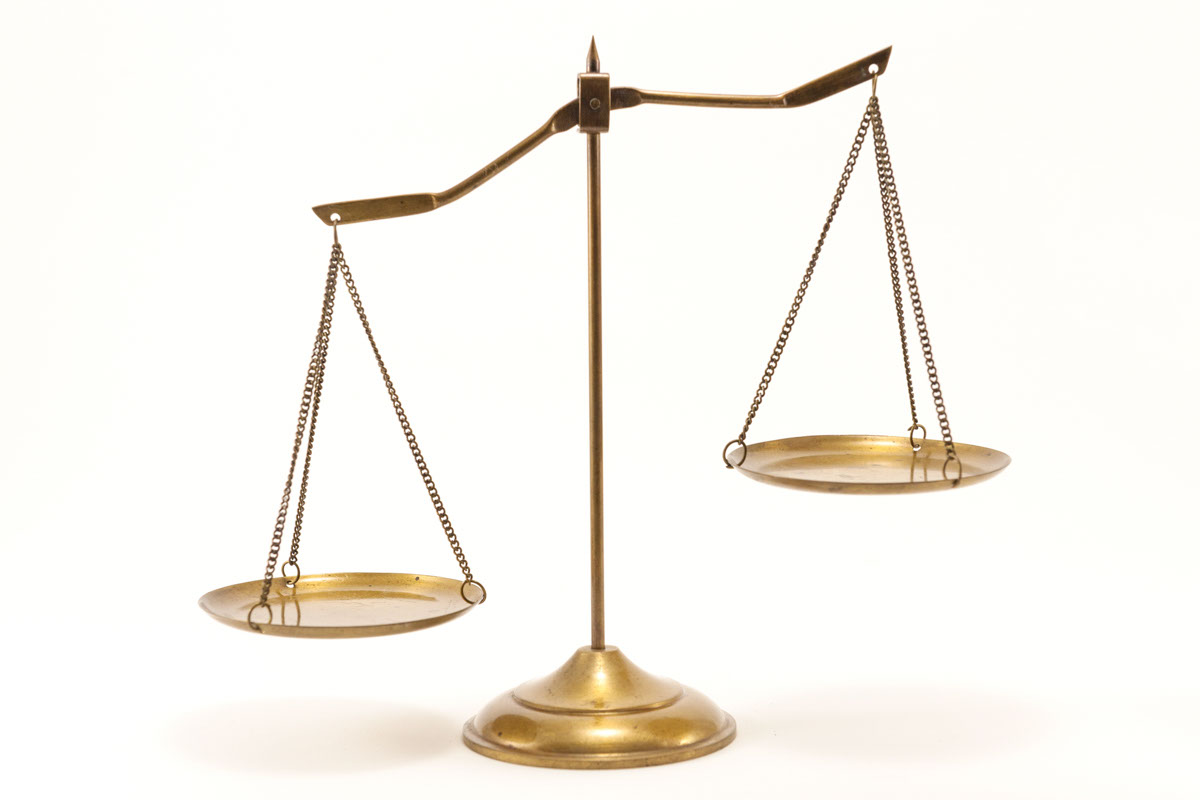Hong Kong Anti-Cancer Society - Dr. & Mrs. Michael S.K. Mak Centre for Integrated Medicine
Professor Liu Yulong,
Clinical Professor, School of Chinese Medicine, Hong Kong Baptist University
Dr. Lee Siu Hong,
Clinical Oncologist
Ms. Wong Wing Chen Janet
Information Compilation : Ms. Wu Po Ling, Ms. Vivien Kam
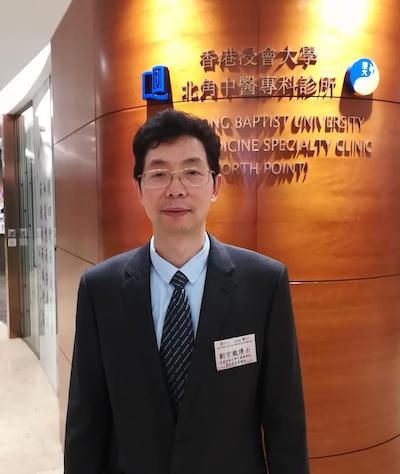
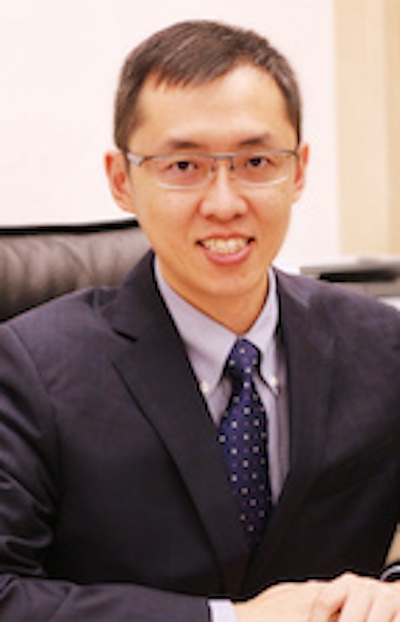

Introduction:
Cancer patients say that although they seek treatment from a Western doctor on the one hand and a Traditional Chinese Medicine practitioner on the other, there seems to be a gap in which they often feel unsure. Hence it would be ideal if they can discuss directly with a Chinese and a Western doctor at the same time.
The Hong Kong Anti-Cancer Society established the "Hong Kong Anti-Cancer Society - Dr. & Mrs. Michael S.K. Mak Centre for Integrated Medicine" in 2012. At the Center cancer patients can have a joint consultation with an oncologist and a Traditional Chinese Medicine practitioner, so that the latter can jointly suggest/establish/review treatment plans, and to answer the patients' questions. In this interview, Professor Liu Yulong and Dr. Lee Siu Hong will explain the background of the Center's establishment and the advantages of integrated Chinese and Western medical consultation.
Part One - Purpose of the Center's Establishment
Part Two - Integration of Chinese and Western Medicine
Part Three - Interaction Among Patient/Traditional Chinese Medicine Practitioner/Oncologist During Consultation Session
Part One - Purpose of the Center's Establishment
Wong: Professor Liu, Dr. Lee, thank you very much for talking to us today about the operation of the Hong Kong Anti-Cancer Society's Centre for Integrated Medicine.
Liu, Lee: You're welcome.
Wong: Can you first talk about the philosophy behind the establishment of this center?
Liu: Hong Kong is a Chinese society, and many patients want to see a Traditional Chinese Medicine practitioner while receiving Western medical treatment, hoping to enhance the efficacy of treatment.
Western medicine is mainly based on precise diagnosis, surgery, chemotherapy and radiotherapy, with clinical evidence as the basis, targeting the tumor and metastatic tumor cells, but there are accompanying toxic side effects which patients with poor physical condition can not tolerate.
In Chinese medicine the antitumor effect is often gentle, however its advantage lies in enhancing the overall physique and immunity of the patient as well as improving the quality of life.
Chinese and Western medicine diagnosis and treatment of tumors each have their advantages and disadvantages. The use of Chinese and Western medicine in an integrated manner can complement each other.
In view of this, the Hong Kong Anti-Cancer Society established the Centre at its premises in 2012, with the generous donation from Dr. Mak and his wife. Cancer patients here can choose to have a joint consultation with our oncology specialist and a Chinese medicine practitioner specializing in cancer treatment from the "Hong Kong Anti-Cancer Society - Hong Kong Baptist University Chinese Medicine Centre". The latter will jointly suggest/establish appropriate treatment plans for cancer patients, allowing patients to start treatment in time, enhance treatment effects and alleviate the side effects of cancer treatment.
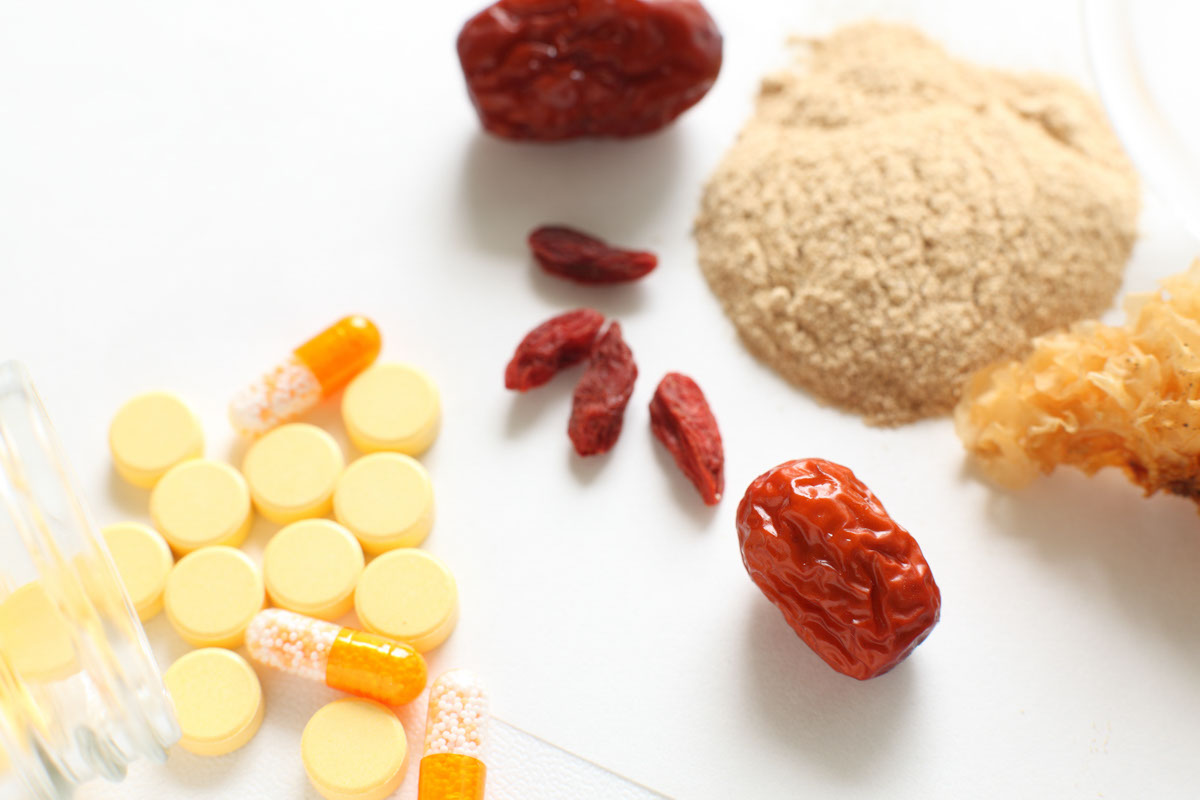
Part Two - Integration of Chinese and Western Medicine
Perspective of Western Medicine
Wong: Dr. Lee, as a Western medicine doctor, what is your view on the concept of integrating Chinese and Western medicine?
Lee: In Hong Kong, it is very common for cancer patients to see both Western and Chinese doctors during their treatment process, but many of them have concerns, such as worrying about whether taking Chinese medicine will affect the effectiveness of the Western medicine treatment (e.g., reducing the effectiveness of chemotherapy) or whether there will be conflict between taking Chinese and Western medicine. Some have even heard that taking Chinese medicine may involve intaking some minerals or chemicals, which can have negative effects on the body.
So some patients will directly ask the doctor: "Can I take Chinese medicine?" Or "I wish to take Chinese medicine during chemotherapy, but will it affect the effectiveness of chemotherapy?" And some are afraid to tell their Western medicine doctors for fear of upsetting them, yet they continue to take Chinese medicine with worry.
In fact, we as Western doctors also understand that there are limitations in dealing with certain symptoms or side effects. And Chinese medicine treatment provides another option. Since patients want to try this, we should respect them and there is no reason to obstruct. So if a patient tells me that he is receiving Chinese medicine treatment while receiving Western medicine treatment, I will do my best to cooperate, such as asking him to do blood tests, paying more attention to monitor his conditions such as whether there may be any exceptional changes in his body, such as high level of liver enzymes, etc.
Wong: I often hear that taking Chinese medicine can raise the level of liver enzymes. Can you explain why this is so?
Lee: This is because Chinese medicine also contains chemical components, which need to be broken down by our liver. When the liver is active, the level of liver enzymes will rise. But one thing I want to point out is that a patient's liver enzymes may also rise during Western medical treatment, and it's not necessarily due to the taking of Chinese medicine. For example, when a patient is undergoing chemotherapy, the level of liver enzymes will also rise, because chemotherapy itself is introducing toxic chemicals into the patient's circulatory system to kill cancer cells, and these chemicals also need to be broken down by the liver, causing the level of liver enzymes to rise.
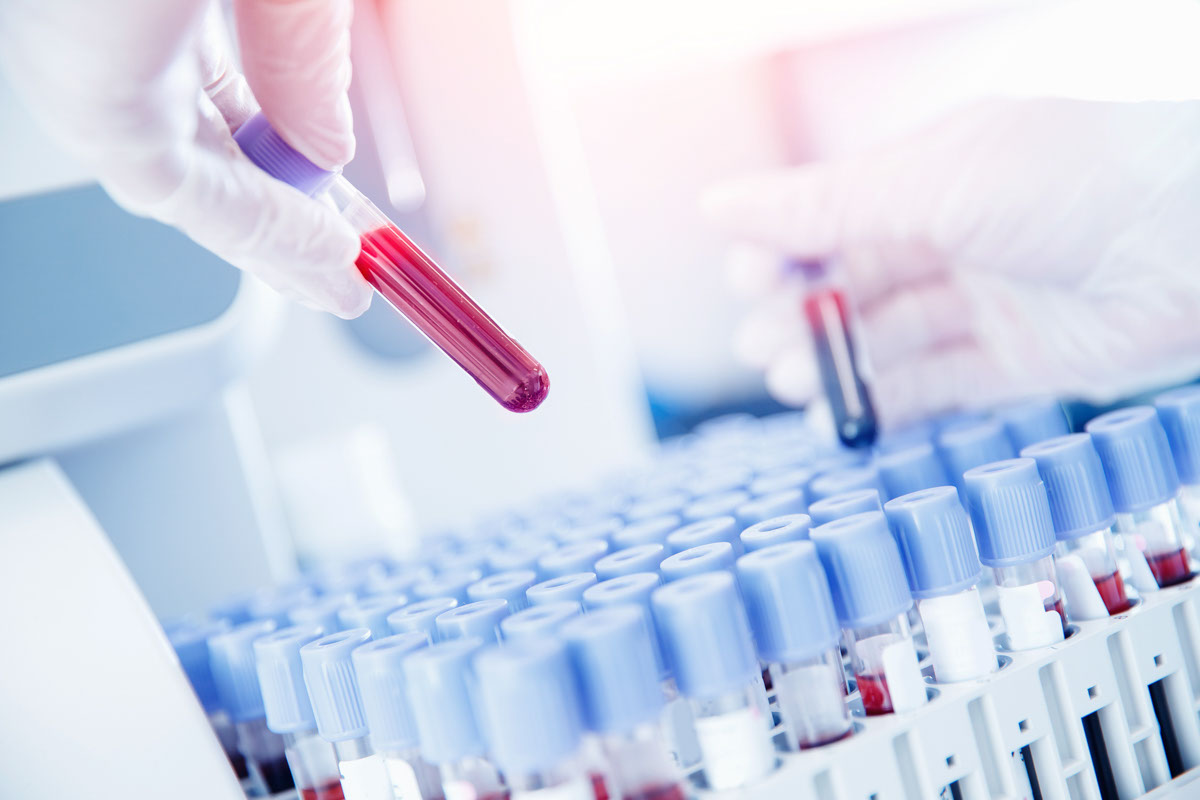
Perspective of Chinese Medicine
Wong: Can Professor Liu please explain to us what role Chinese medicine plays in the treatment of cancer?
Liu: Sure.
There are mainly three aspects:
- Alleviate symptoms, improve quality of life;
- Reduce the toxic side effects of chemotherapy, radiotherapy, and targeted drugs; and
- 3. Regulate the patient's body, enhance immunity, and "strengthen the foundation and nourish the origin"(固本培元).
Wong: Let's discuss these points one by one.
Liu: Okay.
Alleviate symptoms, improve quality of life
Liu: Cancer patients have various symptoms that seriously affect their quality of life and even their confidence in treatment. Chinese medicine practitioners understand the patients’ conditions through:
- " Inspection, Listening and Smelling (Examination), Inquiry, and Palpation" ( 望聞問切)four diagnostic methods;
- Analyzing the cause of the disease and the mechanism of its occurrence;
- Identifying the type of constitution (syndrome);
- Formulating a treatment plan;
- Then prescribing, administering decoctions, acupuncture, topical ointments, dietary therapy, etc.
- 「望聞問切」四種診斷方法收集病人的資料;
- 分析病因、發病機理;
- 辨別體質類型(證型);
- 擬定治法;
- 然後處方,施以湯藥,針灸,外用膏藥,食療等。
The goal is to reinforce healthy qi to eliminate pathogenic factors(扶正祛邪), replenish the deficiency and reduce the excess (補虛瀉實), alleviate and reduce uncomfortable and painful symptoms, and improve the quality of life.
For example, after patients are diagnosed with cancer, most of them are much troubled by negative emotions such as anxiety and fear. Chinese medicine can relieve the patient's depression by soothing the liver and relieving depression, and regulating the mind, allowing the patient to face the disease more positively and better cope with the treatment of the illness to achieve better results. Chinese medicine's calming and soothing effects can also effectively improve the patient's sleep quality. Other symptoms, such as poor appetite, nausea, vomiting, diarrhea, back pain, cough, etc., can also be alleviated through appropriate treatment of Chinese medicine.
Reduce the toxic side effects of chemotherapy, radiotherapy, and targeted therapy drugs
Another is to reduce the toxic side effects of chemotherapy, radiotherapy, and targeted therapy drugs.
Chemotherapy
Chemotherapy itself is to inject toxic drugs into the patient's body. Although it can kill or suppress cancer cells, it also brings great harm to normal cells that grow and multiply quickly (such as bone marrow, digestive tract mucosal epithelial cells, hair follicle cells, etc.).
After chemotherapy, digestive tract side effects are common, often manifested as nausea, vomiting, abdominal pain, diarrhea, etc. Traditional Chinese medicine uses methods to strengthen the spleen and stomach for treatment. Chemotherapy also leads to bone marrow suppression, resulting in anemia, decreased white blood cells and platelets. Traditional Chinese medicine uses methods to replenish qi and nourish blood, and nourish the kidney to produce marrow for treatment. Traditional Chinese medicine can also alleviate the toxic side effects of chemotherapy and allow patients to complete the chemotherapy course on time.
Radiotherapy
Radiation therapy often produces acute and chronic radiation side effects, such as radiation-induced headaches, radiation-induced pneumonia causing cough, radiation-induced esophagitis causing chest pain after swallowing, radiation-induced proctitis causing bloody stools, etc. Traditional Chinese medicine believes that radiation is a kind of heat toxin(熱毒之邪), which can easily cause damage to the qi and yin of the irradiated area. Traditional Chinese medicine uses methods to clear heat and detoxify, nourish qi and yin, which can greatly alleviate the discomfort symptoms of the irradiated area.
Targeted Therapy drugs
Targeted therapy drugs often have side effects such as rashes and diarrhea. Traditional Chinese medicine uses methods to clear heat and cool blood, moisten the lungs, and strengthen the spleen to treat symptoms and alleviate symptoms of rashes and diarrhea.
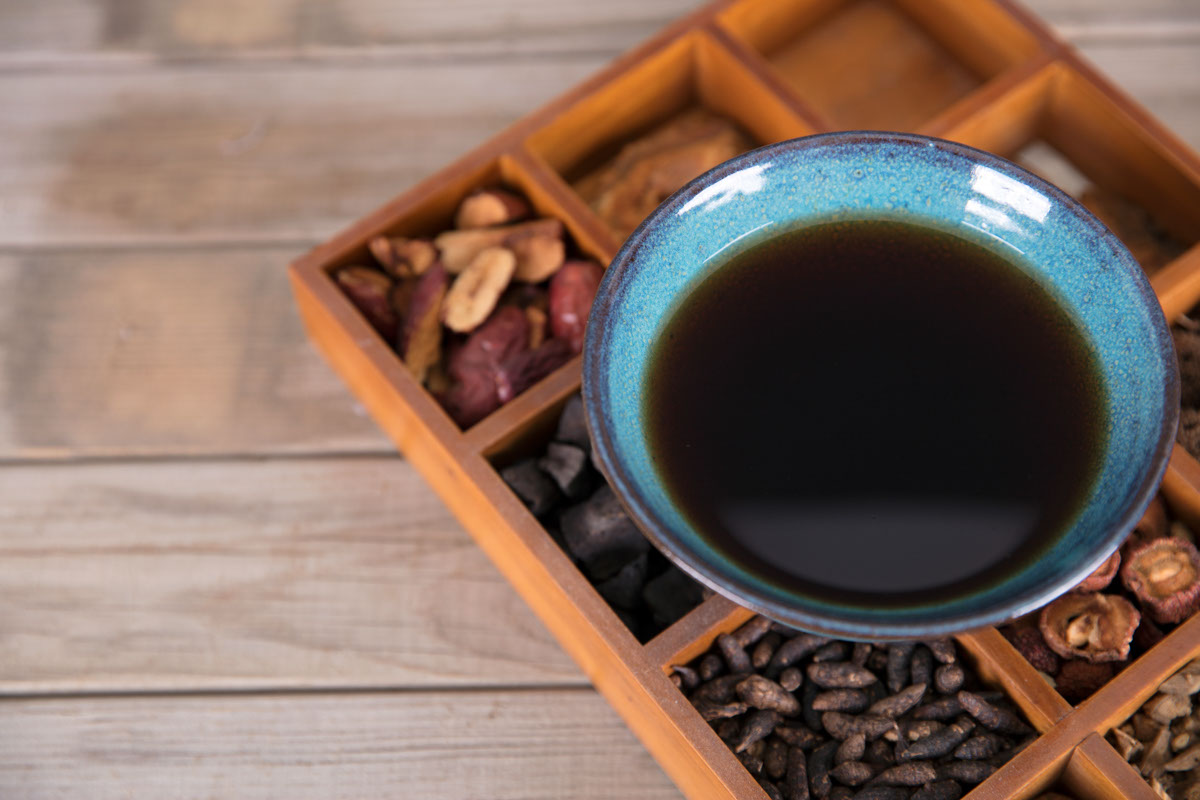
Conditioning the patient's body, enhancing immunity, "strengthening the foundation and nourishing the origin"
Afterwards, it is about conditioning the patient's body and enhancing immunity, which is the so-called "strengthening the foundation and nourishing the origin"(固本培元 ). Traditional Chinese medicine emphasizes "nourishing the spleen and kidney"(補脾腎 ):
- The "kidney" (腎 )is the congenital foundation which contains the original yin and yang. It is the original driving force of life, and the kidney essence( 內臟腎精) controls the bone and growth of marrow(主骨生髓), which is very critical in fighting diseases. The "spleen and stomach"(脾胃) are the acquired foundation(後天之本). If the spleen and stomach are functioning well and the digestion and absorption functions are perfect, they can provide all the necessary nutrients needed by the human body.
Therefore, strengthening the foundation and nourishing the origin should focus on nourishing the spleen and kidney. Hence the saying "nourishing the positive will eliminate the negative"(養正積自消 ). In modern terms, it means that the stronger the body's immune function, the less chance of getting tumors, and even if you get tumors, the recovery will be faster.
Wong: Professor, all of the above are about using traditional Chinese medicine to alleviate the side effects or strengthen the patient's body. Can traditional Chinese medicine itself kill cancer cells, that is, directly achieve "anti-cancer"?
Liu: Western medicine is much faster than traditional Chinese medicine in eliminating cancer cells. Therefore, when a patient has cancer, the first thing to do is to undergo detailed tests in Western medicine and accurately assess the patient's condition. If treatment (such as surgery, radiotherapy, etc.) is to be carried out, the patient should accept it as soon as possible and within delay.
So when a patient comes for consultation, the first thing I do is to clearly understand his situation in terms of Western medical treatment. After I understand, I will explain to him from what perspective Chinese medicine can help him, and the appropriate arrangement in terms of time. For example, I will explain to him what side effects he will probably encounter after receiving chemotherapy, and which side effects can be relieved with Chinese medicine.
In most cases, traditional Chinese medicine is difficult to shrink tumors. Although in some cases the patients’ tumor has shrunk, they are a minority. But it is still undeniable that Chinese medicine has a mild inhibitory effect on tumors, and for patients who take Chinese medicine for a long time, the growth rate of tumors may slow down. The stability of the tumor will allow a longer period of high-quality tumor-bearing survival(帶瘤生存). Compared with the difficulty of shrinking tumors with pure Chinese medicine, it is much easier for Chinese medicine to improve certain cancer indicators.
Wong: I understand that the first-line treatment for prostate cancer is surgical removal, and after surgical removal, the PSA should be zero. But in case the patient's PSA rises, radiotherapy may be needed. From the perspective of Chinese medicine, these are all urgent matters, right?
Liu: Yes. Western medicine has a very complete set of standards for treating prostate cancer, so patients should follow the recommendations of the Western doctor and undergo treatment as soon as possible.
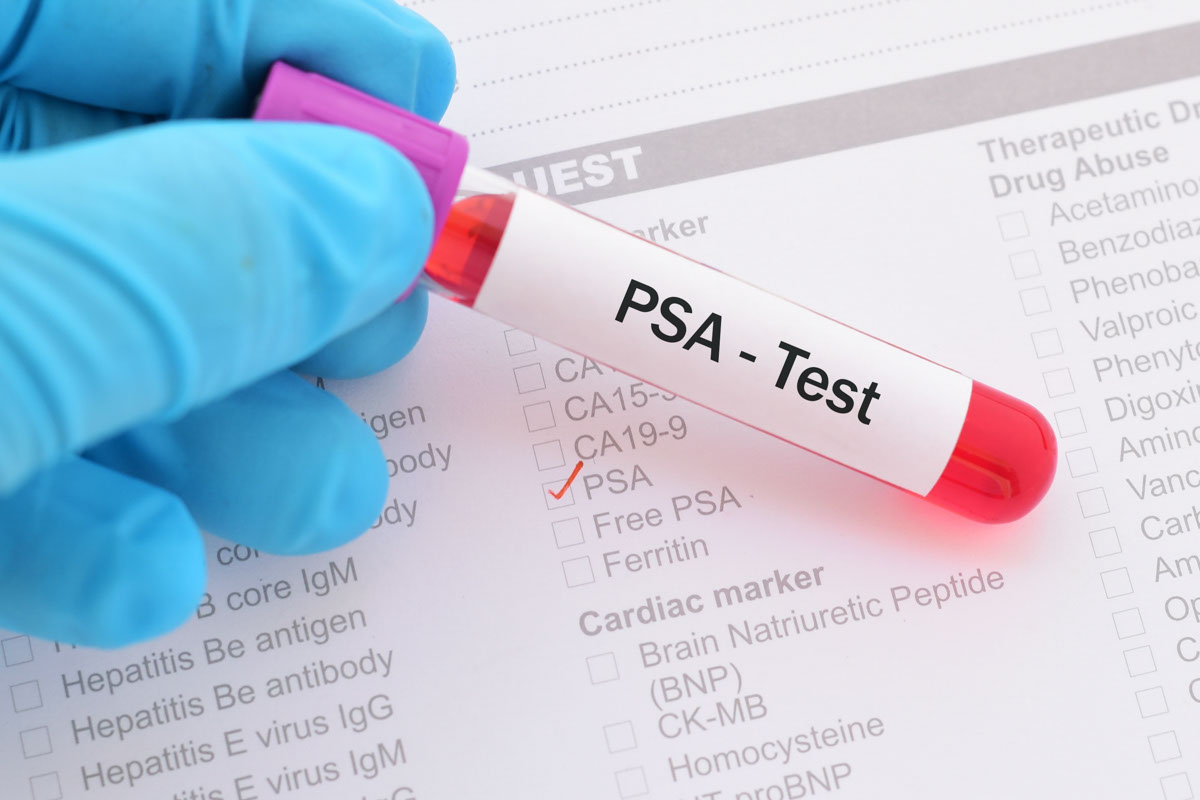
Part Three - Interaction Among the Patient/Traditional Chinese Medicine Practitioner/Oncologist During the Joint Consultation Session
Wong: It is very common for Hong Kong people to visit a Traditional Chinese Medicine practitioner while they are under treatment of Western medicine, hoping to combine Chinese and Western medicine or "integrate Chinese and Western medicine". However, this "integration of Chinese and Western medicine"(中西醫藥結合) actually happens in two different places, with a Western doctor and a Chinese doctor "separately" diagnosing and treating the patient. However when the Western doctor and the Chinese doctor do not know each other and have no communication , they cannot really "interact".
But in the consultation of the Hong Kong Anti-Cancer Society's Centre for Integrated Medicine, the Traditional Chinese Medicine practitioner and the Western medicine doctor really "meet" the patient "at the same time", which is very unique in Hong Kong.
Can you explain the specific arrangement?
Consultation process
Lee: The process is roughly like this:
The patient will meet with the Chinese Traditional Medicine practitioner and the Western medicine doctor at the same time.
When he comes, he will bring along all his medical records. Both the Chinese and Western doctors will carefully review these and ask the patient appropriate questions to fully understand his situation.
Generally speaking, when patients come, they have already undergone tests or even started treatment at public hospitals or by private doctors. As a Western doctor, I will carefully review all test reports (such as X-ray films, magnetic resonance or computer scan results), the patient's treatment records up to this moment, and understand the patient's current physical condition, etc., I will then explain to him his situation in detail. For example, what side effects he will encounter in the future treatment, those side effects can be quickly dealt with by Western medicine treatment; and those which from experience, solutions offered byWestern medicine are often limited.
For example, in the case of lung cancer, some target therapy drugs will cause rashes or blisters on the patient’s face or neck, which will make him extremely uncomfortable. From the perspective of Western medicine treatment, we will give the patient some ointments to reduce inflammation (some contain steroids), but from experience, these are often not very effective. Under such circumstances, the patient can consider receiving Chinese medicine treatment to alleviate symptoms.
Liu: From the perspective of Chinese medicine, I will understand the patient's condition in detail through what we call "looking, smelling, asking, palpation "(望聞問切), and then explain to the patient from the perspective of Chinese medicine what methods I can use to help him, such as using Chinese medicine to alleviate certain symptoms and strengthen the body.
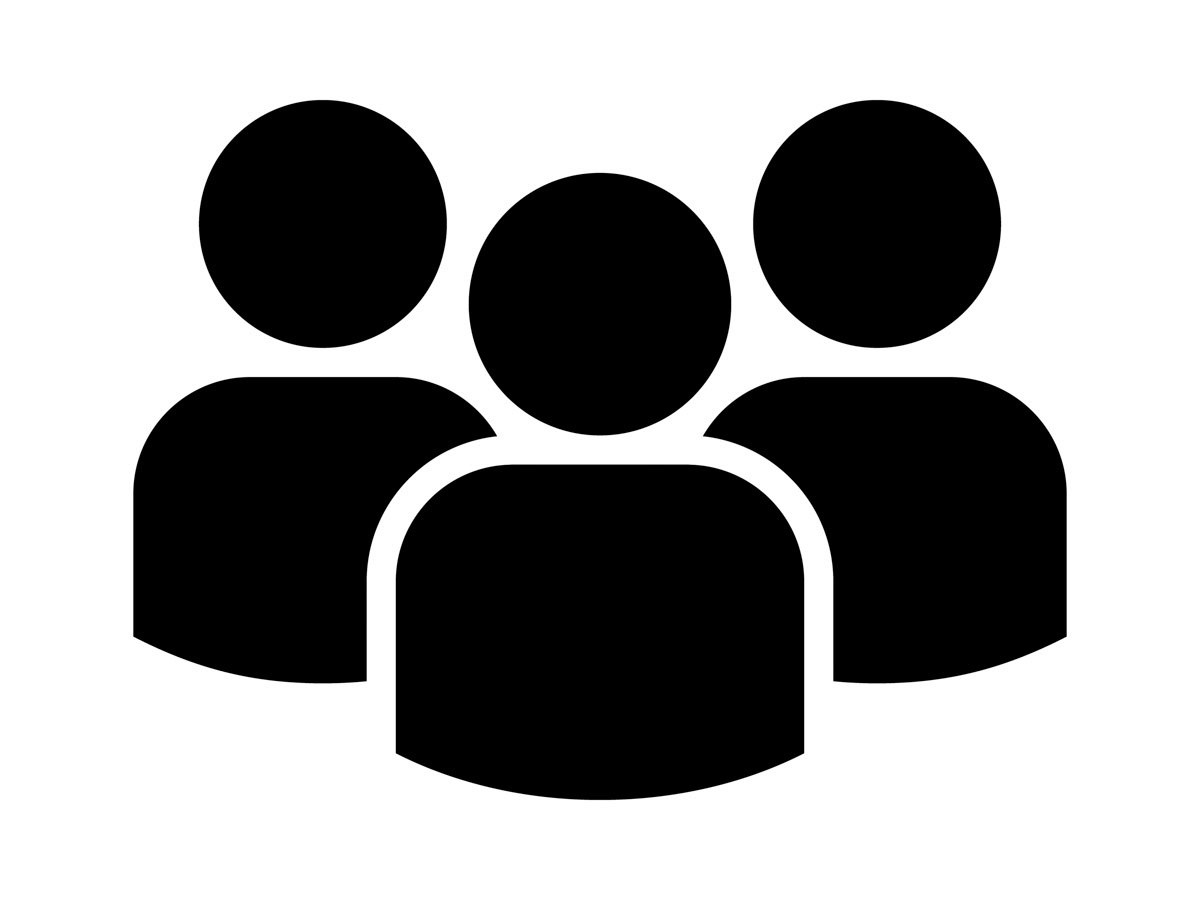
Wong: Since both the Traditional Chinese Medicine practitioner as well as the Western doctor are both present, the patients can consult both in detail and simultaneously. The most valuable thing is that after the Traditional Chinese Medicine practitioner has provided an advice, the patient can immediately ask the Western doctor for his opinion, and vice versa .
For example, when a Western doctor tells a patient that a certain treatment will have some sequelae that Western medicine does not have a very effective solution, such as "no energy"(冇氣 ), skin problems, etc., then the patient can ask the Chinese doctor if there is a way to improve.
Liu: Yes. The meaning of "no energy"(冇氣) is that the patient feels "not enough energy"(氣不夠), speaks in a small voice, cannot speak for a long time, or feels weak in the whole body. Western medicine mainly advises patients to supplement nutrition, rest more, and wait for the body to self-repair. Chinese medicine believes that it is however lung and spleen qi deficiency. Treating with tonifying lung and spleen qi can alleviate the symptoms of "no energy" and allow the patient to recover faster.
Wong: I want to use some practical examples to understand more deeply.
Lung Cancer
Wong: Take lung cancer as an example.Just now, Dr. Lee mentioned that a certain lung cancer target therapy drug can cause red rashes and blisters on the patient's face and neck. From a Western medicine perspective, the treatment is to give the patient some ointment to "reduce inflammation". So how would it be treated from a traditional Chinese medicine perspective?
Liu: From the perspective of traditional Chinese medicine, these are "heat toxins"(熱毒), so I would give him some heat-clearing drugs or suggest an appropriate diet. For example, we would suggest the patient to drink celery juice, cogongrass root and sugarcane water, etc. These can all alleviate the symptoms.
Wong: But isn't celery juice somewhat "cold"(寒)? I've heard of cancer patients drinking "five green juice"(五青汁) (which is a mix of the juice of five vegetables) to treat cancer. But because it's too "cold", the patient couldn't stand it after drinking it for a while, and even became weaker. Dr. Lee, if the patient came to you for treatment, how would you help him from a Western medicine perspective?
Lee: From a Western medicine perspective, we don't have the concept of "cold". I would ask the patient what symptoms he has and deal with these accordingly. For example, if he says he has diarrhea, I would give him anti-diarrhea medication.
Wong: Professor Liu, how would you handle it?
Liu: The drugs/foods I suggest would not cause such a situation. Because traditional Chinese medicine treatment is actually a very "personalized" treatment, we would design appropriate prescriptions for the patient according to his constitution(體質 ).
So if the patient's constitution is more "cold", I wouldn't ask him to drink a whole cup of celery juice, but just half a cup would be enough. At the same time, I would also ask the caregiver to add some red dates when cooking cogongrass root and sugarcane water; or to "fry" the rice before cooking it, these all have the effect of "warming the stomach"(暖胃), which can help the patient "clear heat"(清熱) on the one hand, and not cause a "cold" reaction in his body on the other.
Wong: To me, this seems like one substance can neutralize the negative effects of another substance.
So eating traditional Chinese medicine can neutralize some of the side effects of Western medicine treatment; or even the negative effects of another traditional Chinese medicine treatment itself.
Lee: Actually, Chinese medicine is also composed of chemical substances, which will produce certain reactions after entering the human body. Appropriate use can bring about positive reactions, such as alleviating the symptoms of patients. The problem we always encounter is that we can't fully understand the ingredients of Chinese medicine, so we can't know exactly what reactions the medicine will cause after entering the human body(as is the case in Western medicine). But in recent years, universities in Hong Kong have been actively researching, trying to understand the theory and ingredients of Chinese medicine from the perspective of "evidence-based medicine".
Wong: I hope that in the future we can thoroughly understand Chinese medicine through more scientific research.
Another point I find very interesting is that Chinese medicine is a very "personalized" treatment. Recently, many Western doctors I have visited have talked about how Western medicine is becoming more and more "personalized" in treating cancer, which is really a case of different paths leading to the same goal.
Prostate Cancer
Wong: Professor Liu just mentioned prostate cancer. I understand that Western medicine has very good guidelines for treating prostate cancer. Can Chinese medicine help?
Liu: As men get older, the chance of getting prostate cancer increases. Although Western medicine has good treatment methods (such as surgical removal), if the patient is old or in poor health and cannot accept these, then Chinese medicine can be used.
I just mentioned that some patients have a lower PSA after taking Chinese medicine, which is a welcomed phenomenon, proving that the cancer cells are not as active as before. But at the same time, the patient has more problems with "nocturia"(夜尿 ) and frequent urination. I would discuss with Western medicine whether this is related to taking Chinese medicine. Because as men get older, prostate enlargement is a common phenomenon, it could be a coincidence, and there is no cause-and-effect relationship with taking Chinese medicine.
Wong: This point is very important, that is, not to blame any adverse reactions in the body after taking Chinese medicine on Chinese medicine, but to have a deeper understanding and differentiation. Therefore, if it is a consultation together with the Traditional Chinese Medicine practitioner and the Western doctor together, there is a big advantage in this regard. After all, "drug conflict" is the most worrying area for patients taking Chinese medicine.
Liu: The benefit of "Chinese and Western medicine consultation" is that it allows both Chinese and Western doctors to grasp comprehensive information at the same time through thorough discussion, and explore how to provide the best treatment for patients from both Western and Chinese medicine perspectives in an "interactive" form; as well as avoiding adverse consequences.
If I have any uncertainties, I will immediately consult the Western doctor. For example, if a patient is to undergo a newly introduced immunotherapy, I would ask the Western doctor about the side effects of this treatment in order to help alleviate the patient's discomfort. And as it is a new drug, I would be extremely cautious - I might not prescribe Chinese medicine for the patient during the first one or two cycles of treatment, to avoid any "confusion"(混淆) and to ensure that the Western doctor can accurately know the effectiveness of the new drug in treating the patient's cancer. I would wait until the situation stabilizes before starting Chinese medicine treatment for the patient.
Wong: The last point I want to ask is, if the patient already has a "settled" Chinese doctor or primary care doctor and does not want to "change doctors", what benefits can he get from a combined Chinese and Western medicine consultation?
Lee: There are a wide range of treatment options behind Western medicine - including surgical removal, radiotherapy, etc., which are not available in our center. Therefore, it is most appropriate for patients to continue receiving treatment at their current hospital. Under such circumstances, he can regard our center's "Chinese and Western medicine consultation" as a kind of "consulting service", which can help him better understand his own situation and answer questions about receiving Chinese and Western medicine treatment at the same time.
Wong: This is like the patient seeking a second professional opinion, the difference being that such professional opinion covers both "Chinese medicine" and "Western medicine".
I am very grateful to both of you for sharing so much with us today.
Liu, Lee: You're welcome.
Advantages of "Integrated Chinese and Western medicine consultation":
- Because the patient meets with Western and Chinese doctors at the same time, both Western and Chinese doctors can grasp comprehensive patient information, and can deeply explore how Western and Chinese medicine can be combined to provide treatment or reduce side effects, complement each other, and achieve the best possible "combination of Chinese and Western medicine".
- This kind of communication is the most direct, without the patient having to make an extra appointment with a Western doctor after seeing a Traditional Chinese Medicine practitioner, spending extra energy and time, and risking omissions or inaccuracies during the retelling.
- Because the patient meets with both Western and Chinese doctors at the same time, if the patient worries about reactions after taking certain Chinese medicines, they can directly ask questions to deeply understand whether there is any cause and effect relationship between "taking the medicine" and "the reaction". Being able to get answers quickly will make patients feel more at ease.
- Direct consultation between Chinese and Western doctors can enable them to better monitor the patient's physical condition and suggest/make appropriate adjustment when needed.
(December 2021)
